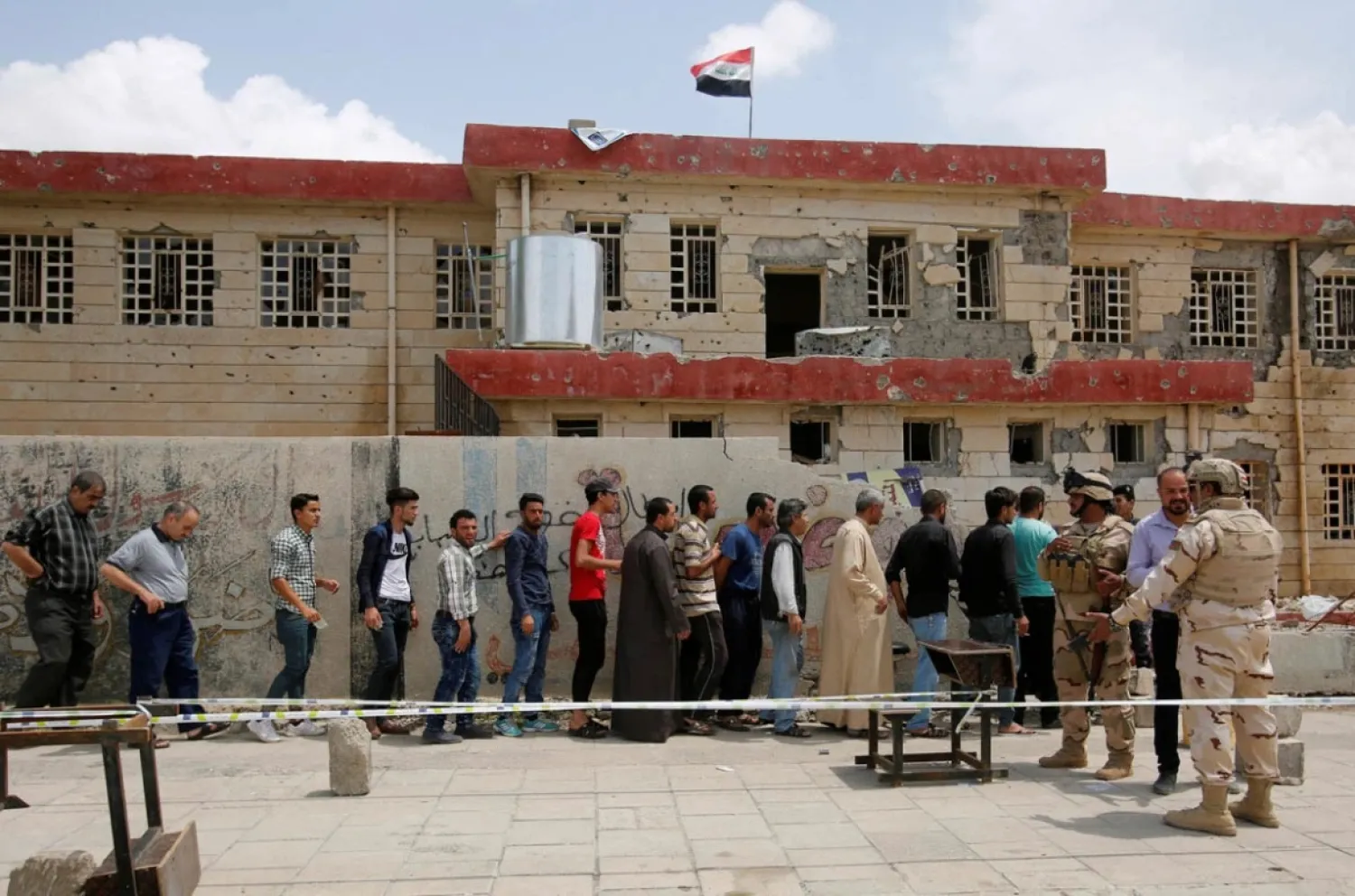Despite the recent dispute that erupted between the Sadrist movement, led by cleric Moqtada al-Sadr, and head of the State of Law coalition, headed by former Prime Minister Nouri al-Maliki, both Shiite sides are united in their opposition of United Nations supervision of the upcoming Iraqi parliamentary elections.
The Sadrists and Maliki have recently traded accusations over the vehicle that was used during the 2006-2008 sectarian war to carry out assassinations.
Debate over the “Batta”, Arabic for duck, erupted after former Sunni MP Mashaan al-Jabbouri accused the Sadrist movement of seeking to take over the premiership after the upcoming elections.
He stated that the “Sunnis do not aspire to become the PM’s ‘Batta’ driver.”
Maliki, for his part, announced that he was keen on becoming prime minister if he was asked, vowing to crack down on the “Batta”, provoking the Sadrists.
Pro-Sadr minister Mohammed Saleh al-Iraqi slammed the former PM’s statement, saying: “The ‘Batta’ is the only option for corrupt figures who sold out a third of Iraq to ISIS.”
He made his comments in reference to accusations that Maliki was to blame for the fall of Mosul and other Iraqi cities in ISIS’ clutches when it swept across Iraq in 2014.
The proposed issue of UN supervision of the October elections has started to create new divisions in Iraq. The move has not been opposed by Sunnis and Kurds, but Shiite blocs have objected, alleging that the supervisors would violate the country’s sovereignty.
Recent visits to Iran by UN envoy to Iraq Jeanine Hennis-Plasschaert and Foreign Minister Fuad Hussein have been interpreted as attempts to promote the idea of international supervision. The results of the visits were not revealed, but observers interpreted them as efforts to convince Iran that the UN officials would not undermine Iraqi sovereignty or deprive the Shiite political blocs of their control over political decisions.
State of Law coalition MP Gatah al-Rekabi said: “Any sovereign state that respects itself cannot accept international supervision.”
“Iraq does not need to ask the UN or any other international side to oversee the elections. We support the idea of monitors, who can ensure the transparency of the elections,” he added.
Monitors have been brought in to oversee elections since 2003.
Rekabi said there are fears that the supervisors may work for political powers against others through the manipulation of the votes.
Maliki himself has objected to the supervision, declaring in televised remarks that such a move “would be very dangerous.”
“No country in the world accepts supervisors of the elections because that is a violation of sovereignty,” he said, while expressing his support for “monitors alone”.
Member of Sadr’s Sairoon bloc Riad al-Masoudi said all elections in the world are held under international monitors.
“The supervision can take place over the electoral process and not the actual organization of the elections,” he explained, adding: “This means that neither the UN nor any other international side can stage the polls.”









